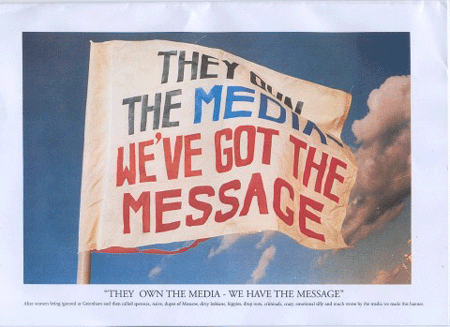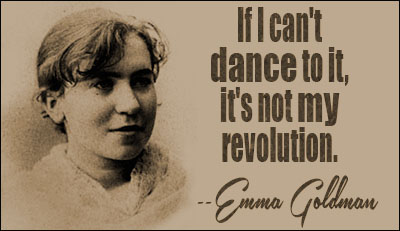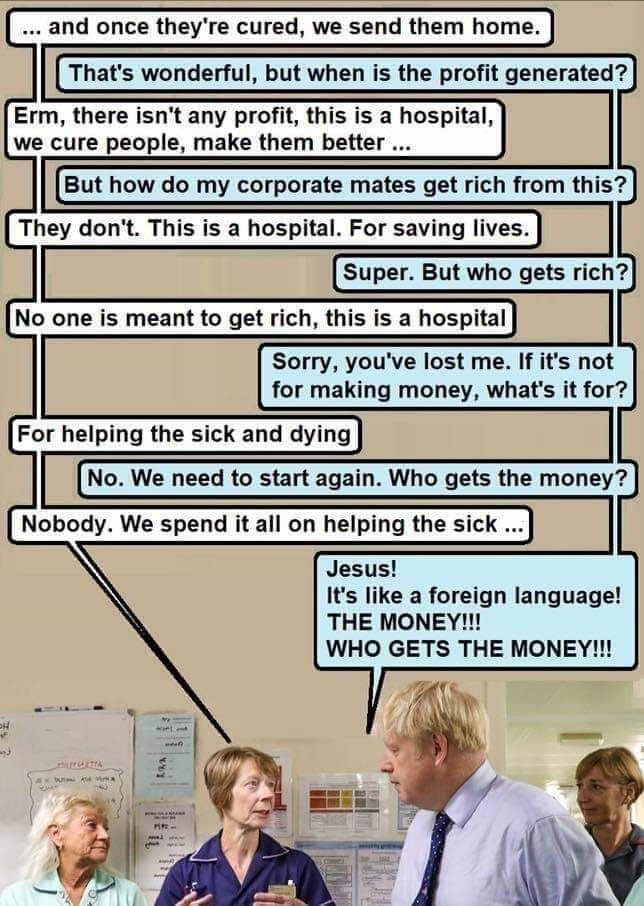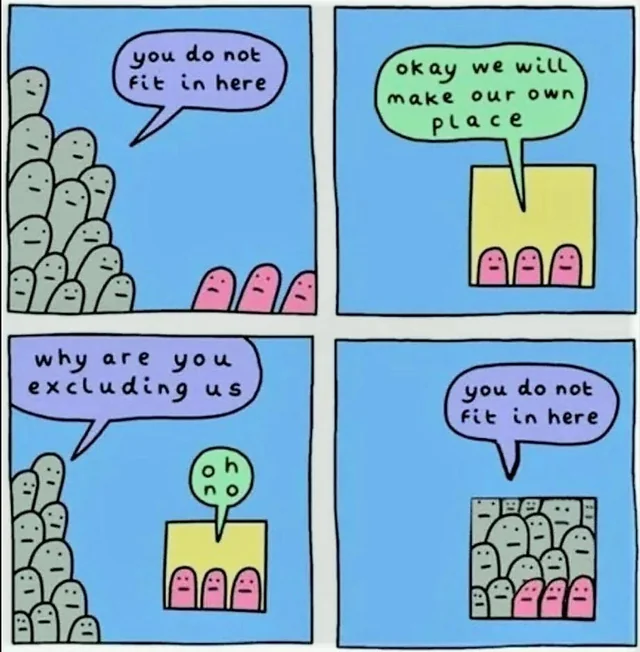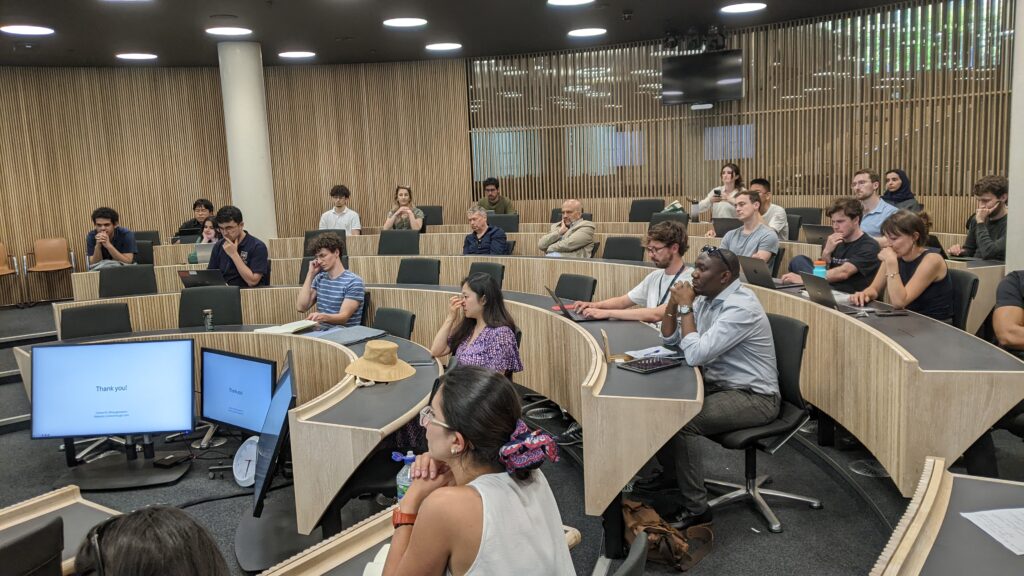For more than 40 years, the default #mainstreaming path has led straight into worshipping of what can only be described as a #deathcult. This isn’t just metaphor, it’s literal. We’ve watched the ecosystem collapse, inequality explode, communities fragment, and culture rot under the weight of corporate-controlled sameness. And through it all, the one thing we haven’t been allowed to do, culturally, politically, or economically, is to imagine an alternative.
Since Thatcher’s “There is no alternative” the world has been locked in a feedback loop. Fukuyama told us it was the “end of history.” Blair polished the same lie in softer tones, calling it a “post-ideological society.” What they all meant no matter how broken, no matter how brutal, it’s this, or “chaos”.
This ideological mess, our progressive chattering classes, call capitalist realism. The imposed feeling that everything else has failed, that even critique itself must operate within the narrow #neoliberal system, never against it. That anything outside is too utopian, too dangerous, too naïve to be worth considering. The result is generations raised not to debate capitalism, but to tweak it around the edges. And when the tweaks fail, when the system cracks the official line is always: “That’s just how capitalism works. And this is a capitalist country. What else do you want?”
But the truth is, there were alternatives. There are alternatives which keep being crushed, ignored, and parasitized at every turn. This is why we need to talk more about the parasite class and the memory hole. Every time a genuine alternative surfaces, every time a counter-current starts to build, there’s a swarm, a parasite class gathers. Not to support, but to feed, to suck the creativity, the vision, the life out of resistance and repurpose it for the status quo. This is the essence of #mainstreaming, it cannot generate ideas, only feed off of them.

Just look at any radical movement over the last four decades. Greenham, Climate camps, Digital commons, #Occupy, #BLM, The Fediverse. Each time, there’s a surge of energy, messy, collective challenge to the dominant #mainstreaming stories and paths. And each time, the #NGOs, institutions, think tanks, and media players show up, not to amplify the challenge, but to smooth it over, make it palatable, safe, marketable.
Meanwhile, the people actually doing the work, building networks, holding the line, defending autonomy get sidelined. Then forgotten, or worse, written out of the story entirely. The result is activist history rewritten by the least effective, most self-promoting voices. The messy, thus vital truth gets buried under branding and bureaucracy. The stories of resistance become content for the same system they were fighting against.
This is where the #OMN comes in, the #OMN (Open Media Network) exists to break this pattern, by holding open spaces for the stories that matter. To surface the compost, not the plastic packaging. It’s not about building a new platform for ego. It’s about building a garden for alternatives to grow. We’re trying to reboot history here, document from the bottom-up, not top-down. To give focus back to the people who said “don’t look at me,” and ask them to please speak, because if they don’t, the parasites will write the ending. Again. We need open tools with shared protocols, trust-based networks that isn’t just reactive, but generative. Not perfect, not polished, but messy and alive, like all growing alternatives must be.

What we don’t need is a healthy #deathcult, the #NGO crew have little understanding of this needed negative imagination. Let’s be blunt, we don’t want the #deathcult to be healthy. We don’t want to be its lifeblood. We don’t want to be mainstreamed. We want the current mess to collapse under its own contradictions. And it will, it is, but feeding it while it failes is not helping.
Only if we remember that our job isn’t to improve capitalism, but to compost it. Not to brand rebellion, but to build real, rooted alternatives. We’re 45 years deep into a dead-end story. It’s time to write a different one. And that begins, as always, with remembering what they told us to forget.
